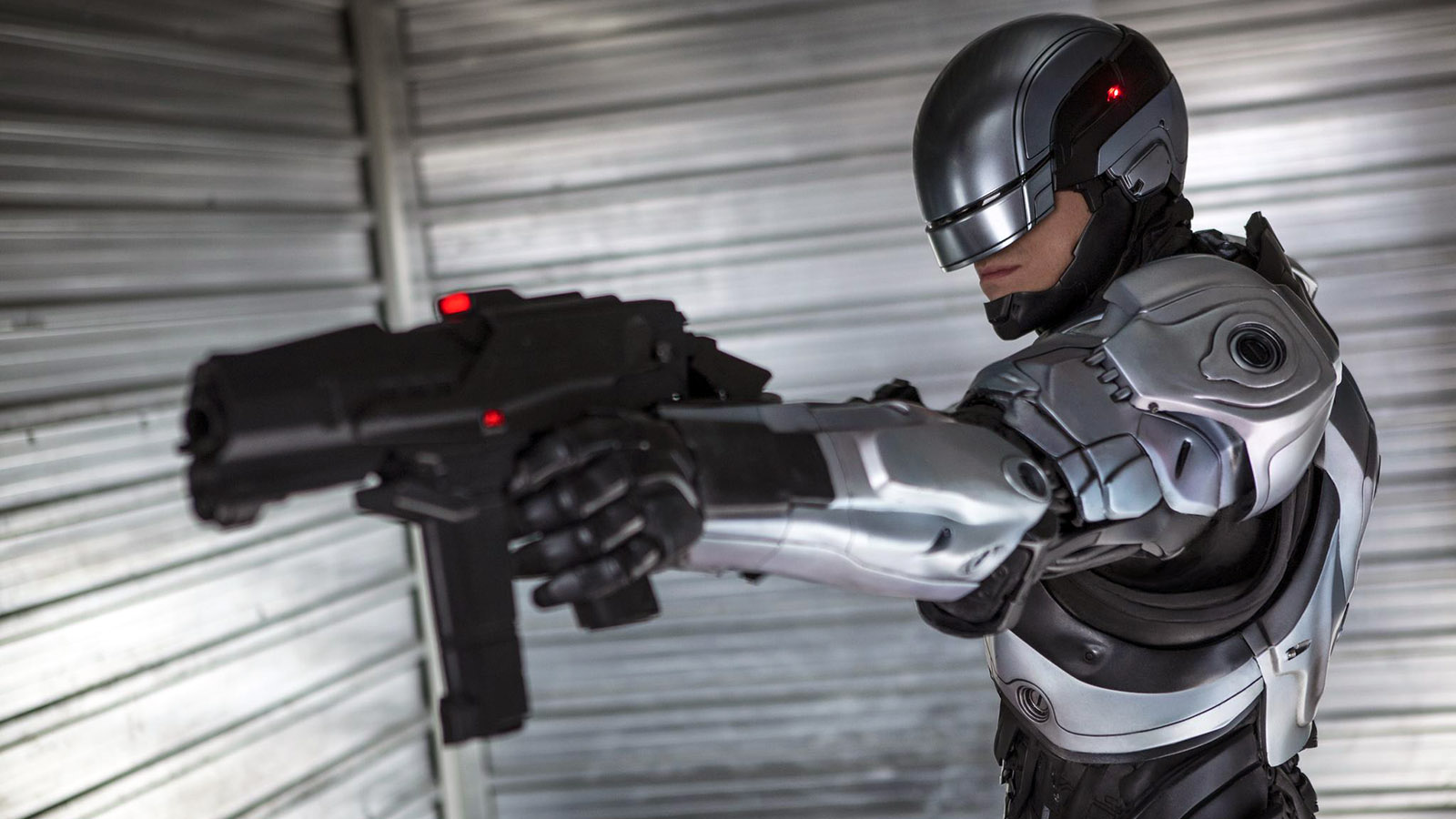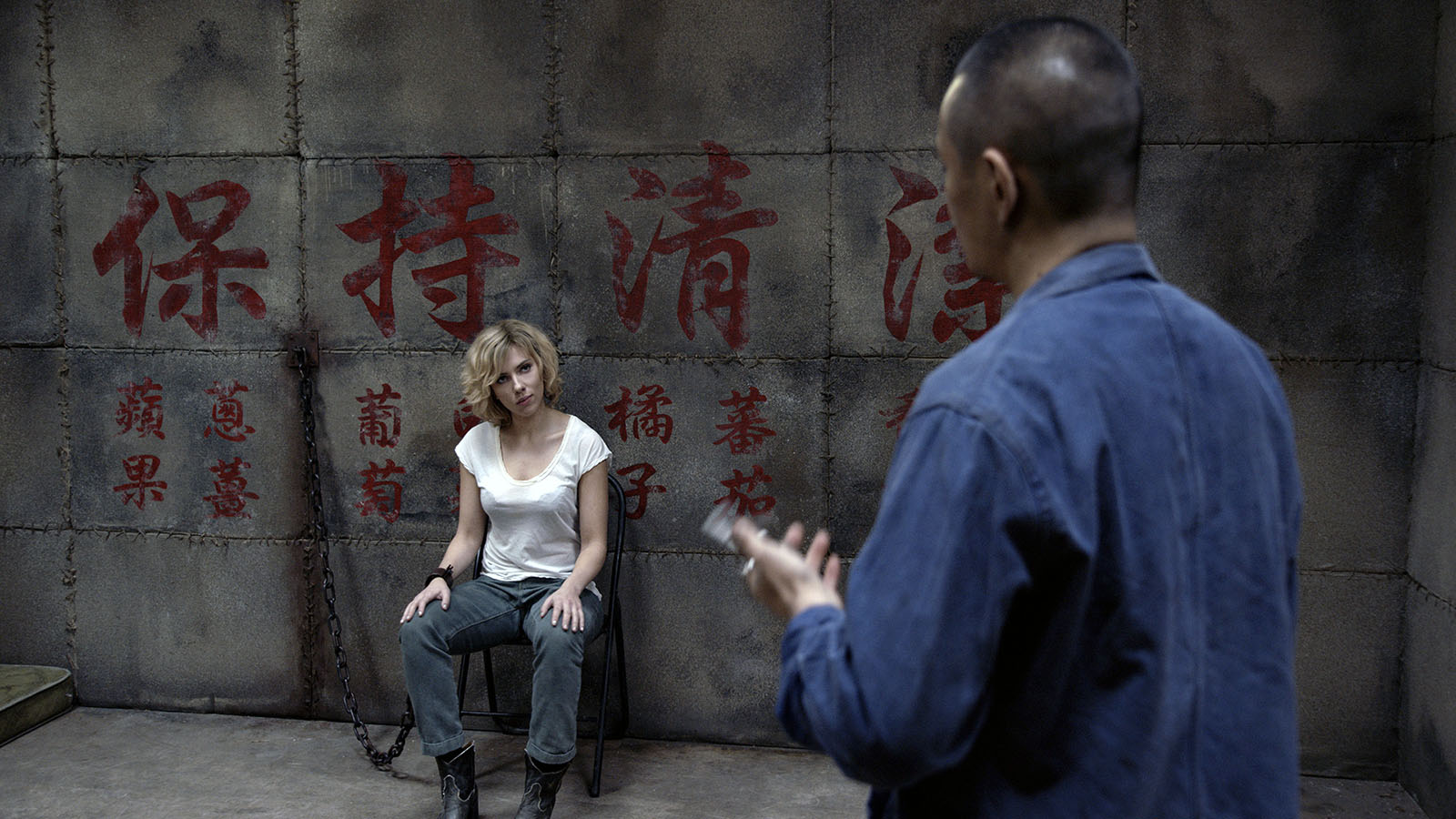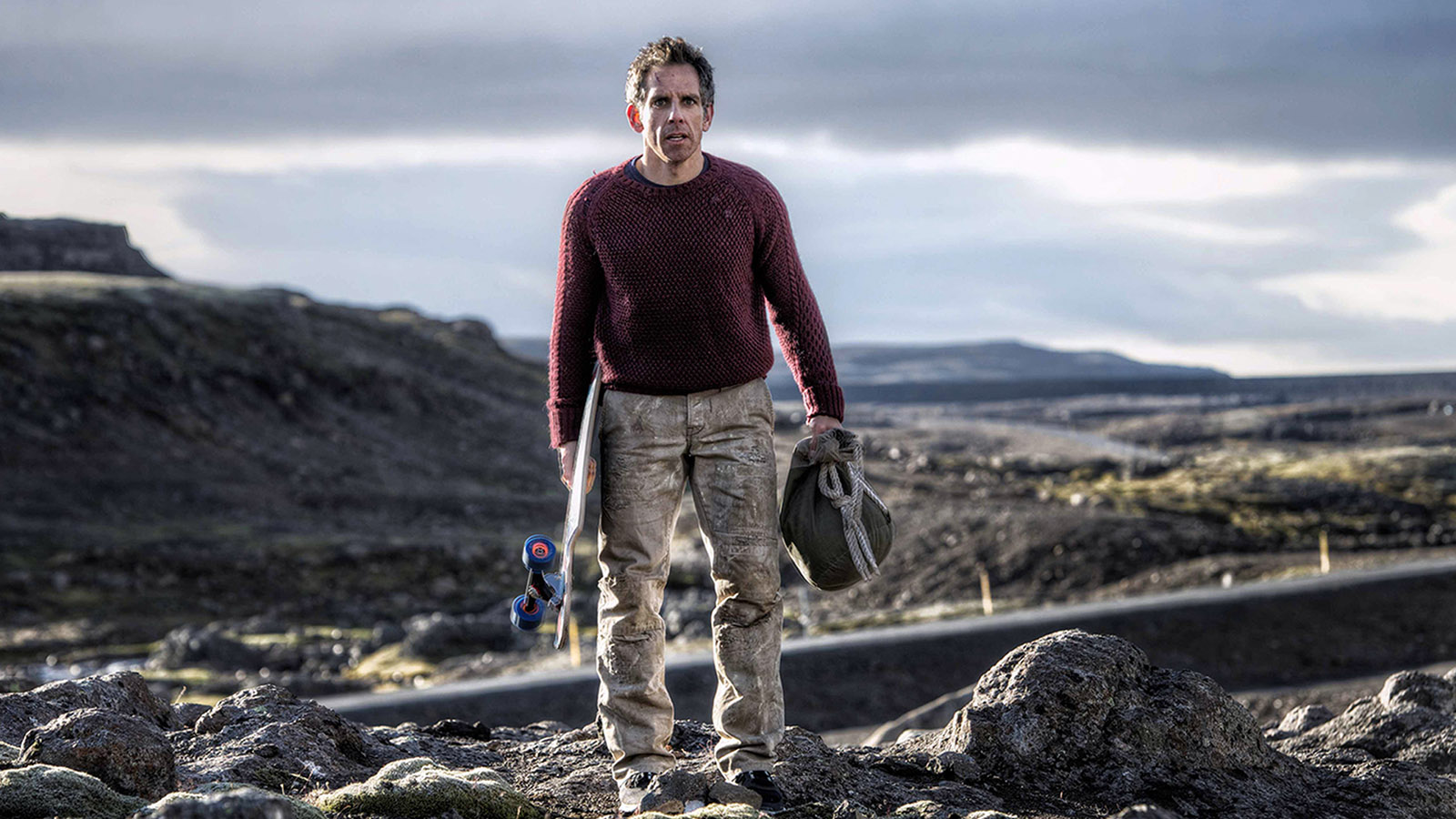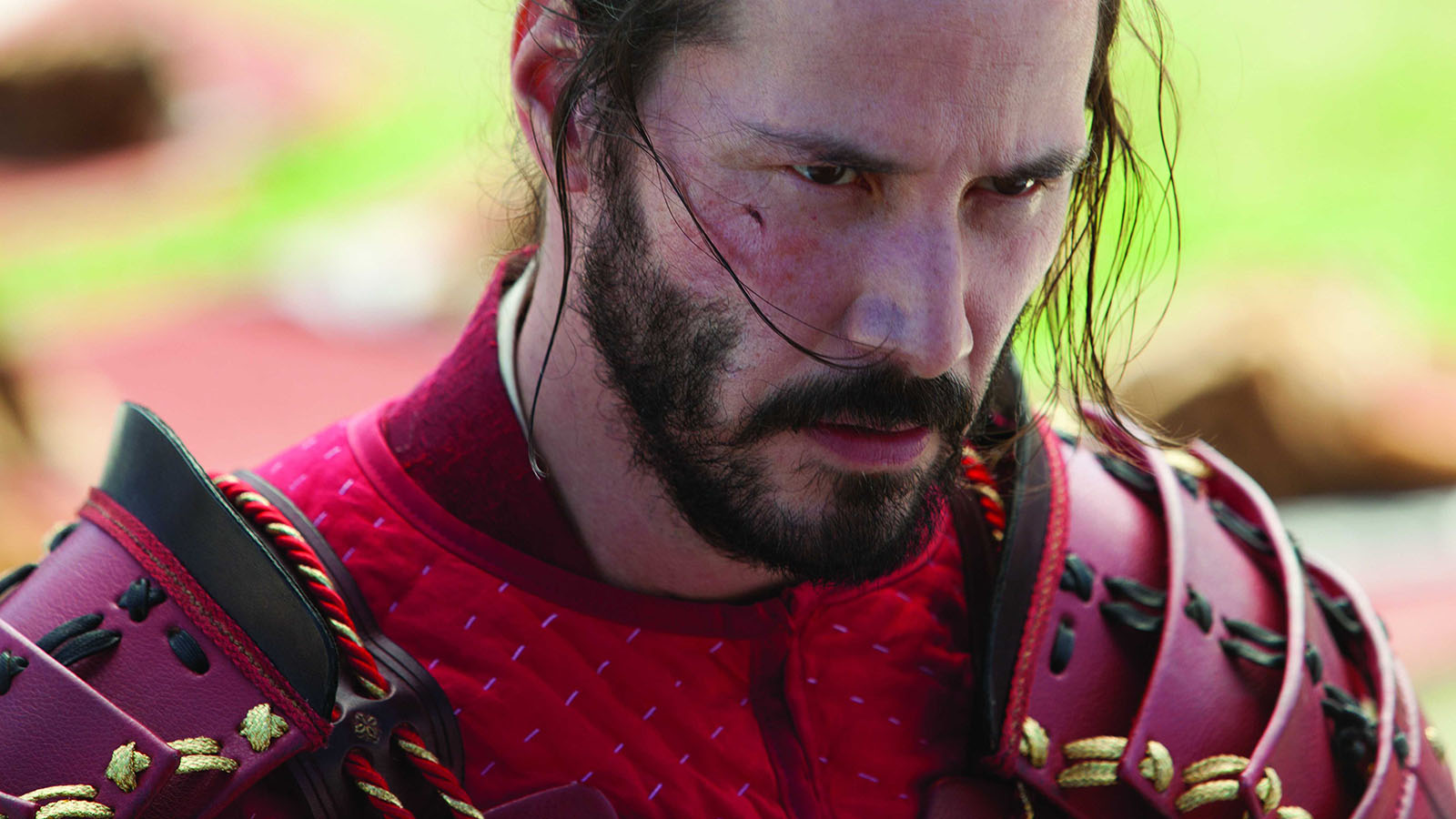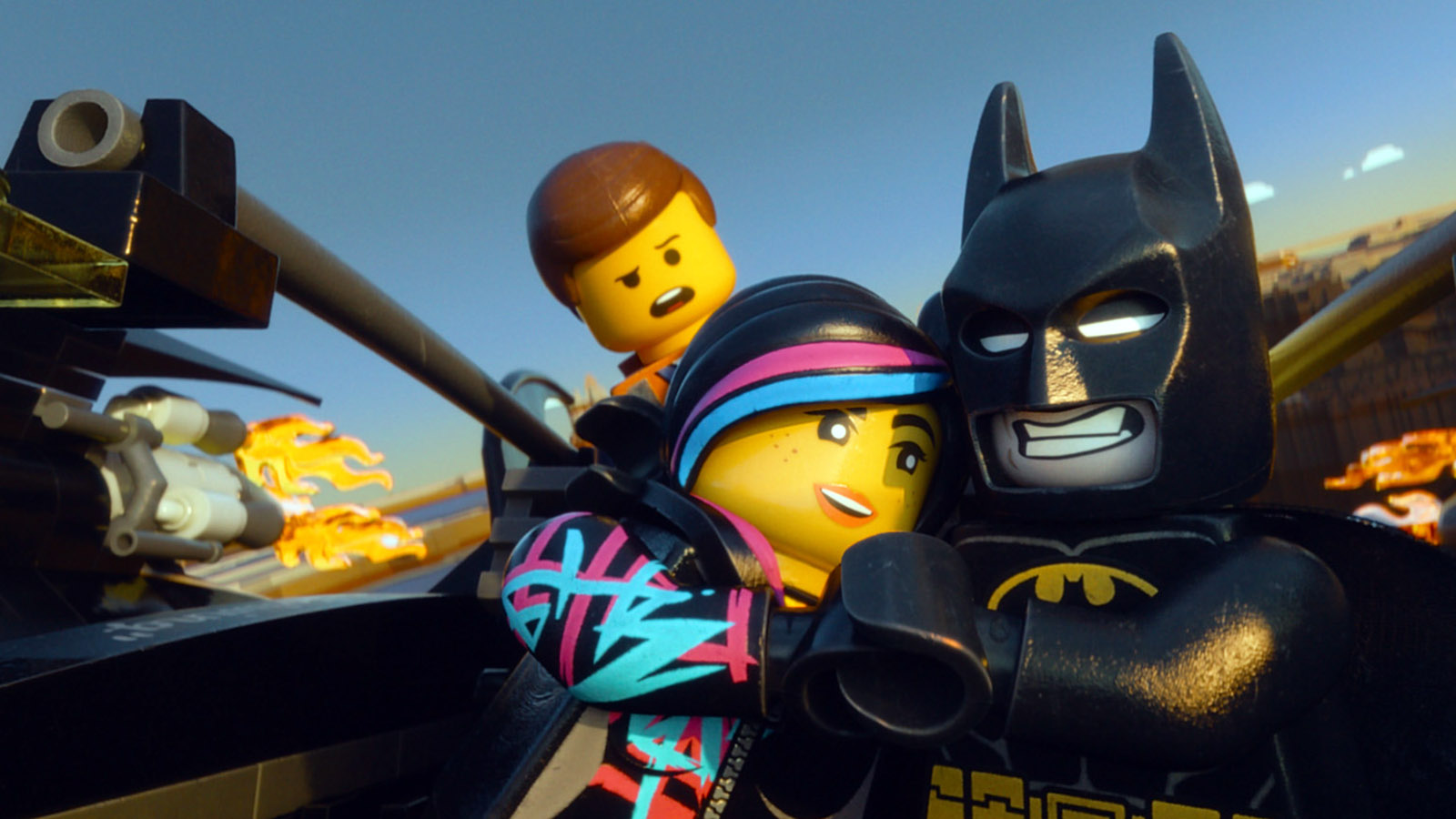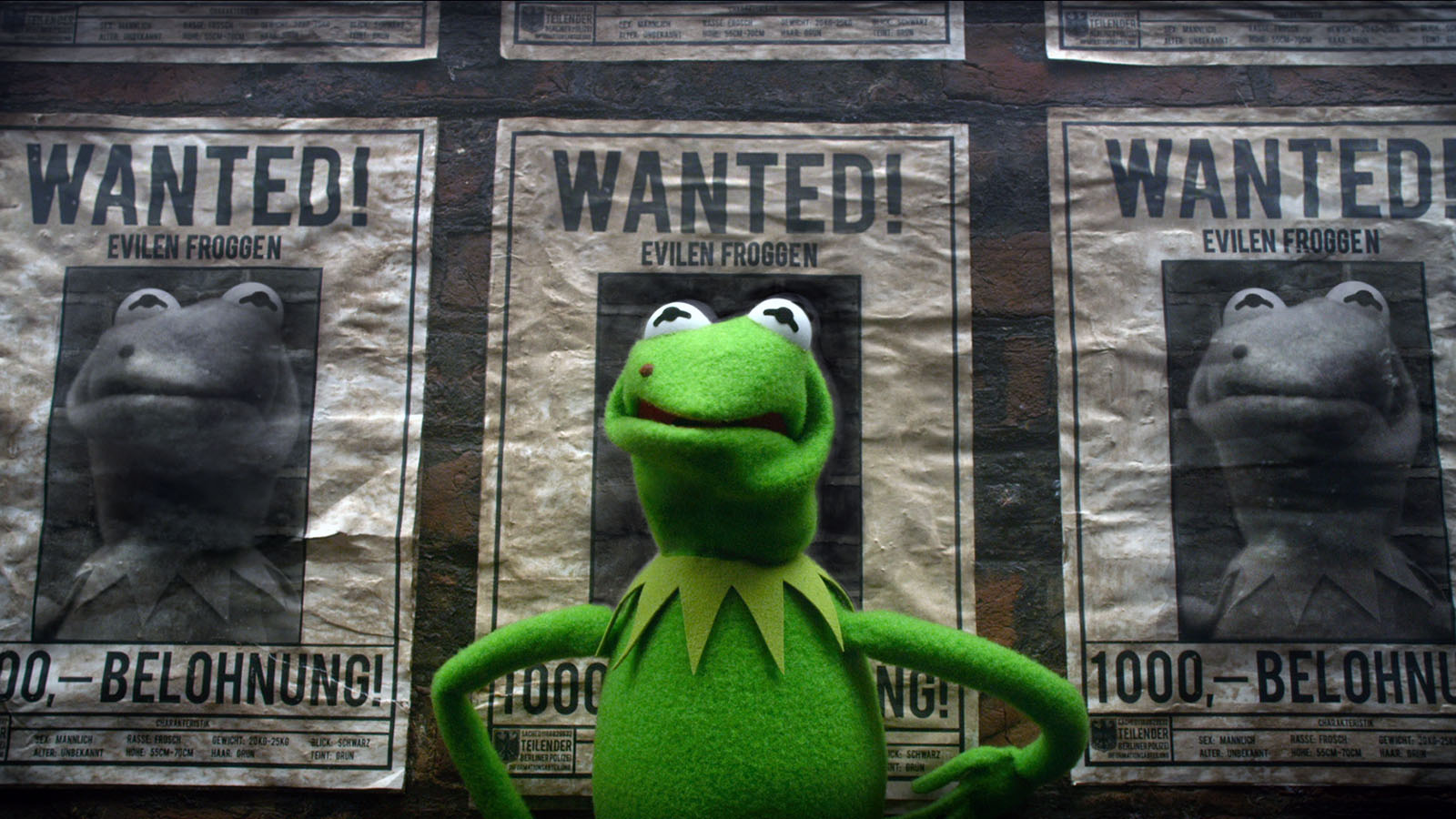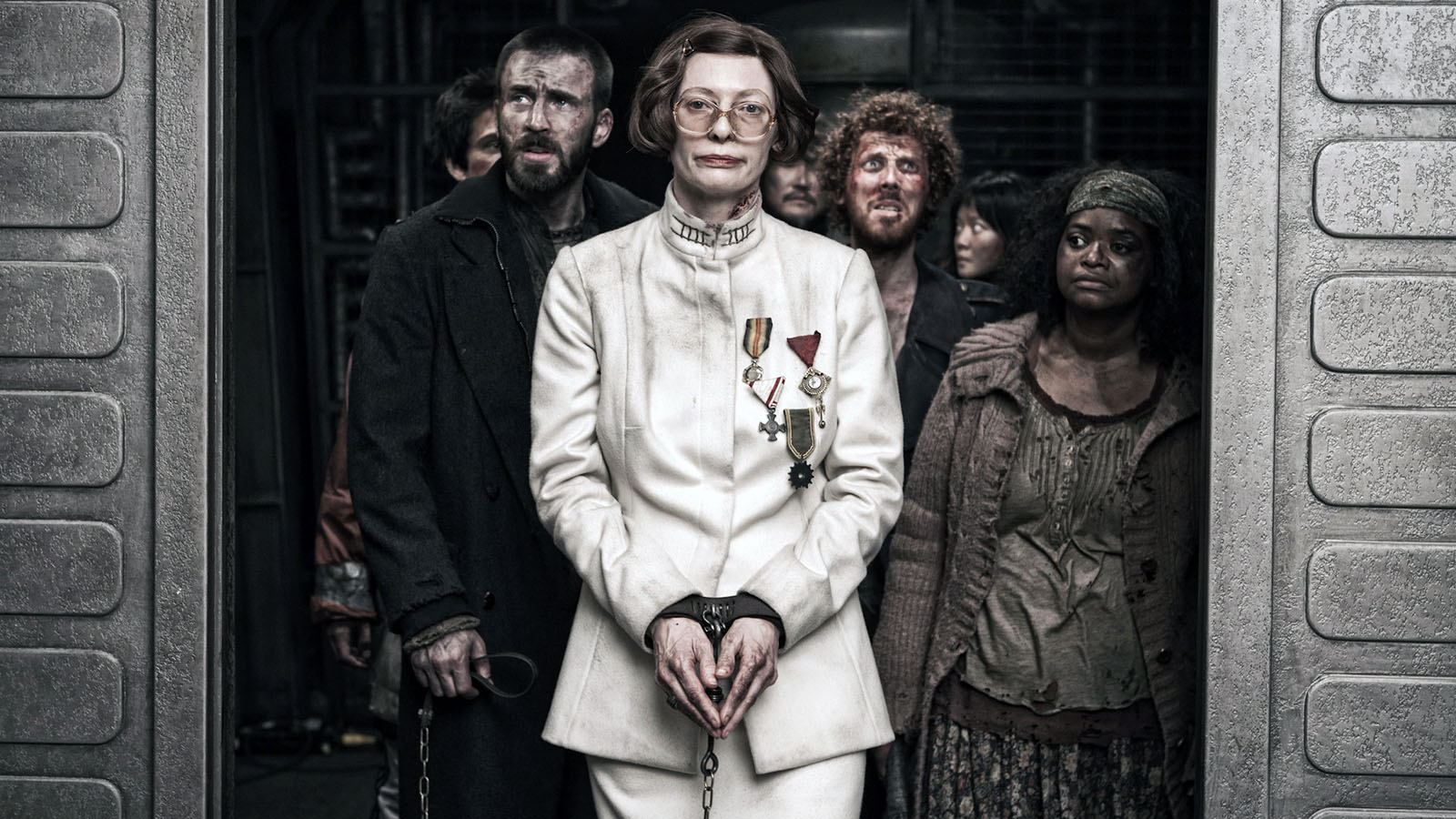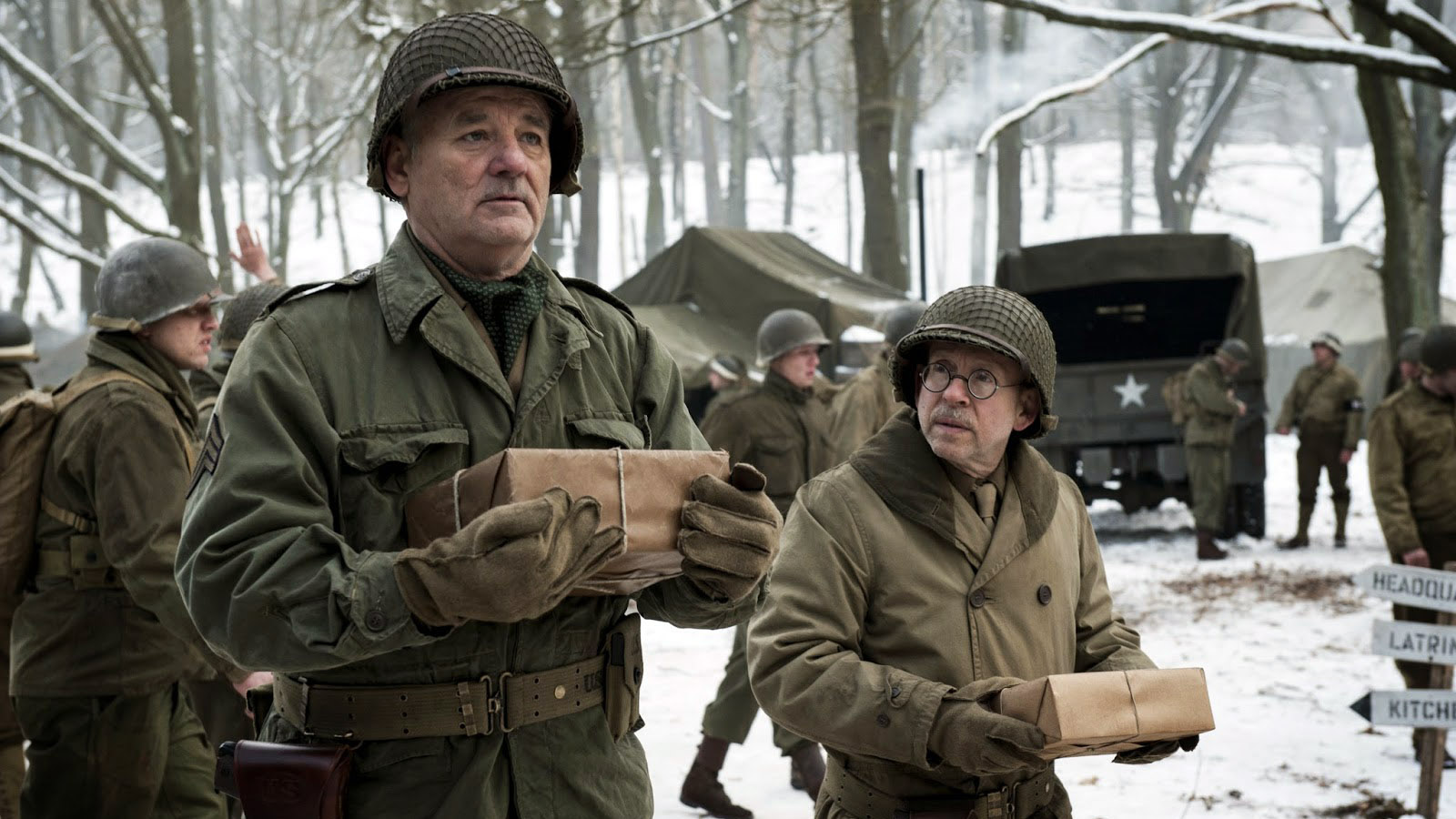Episode 120 : Stuck in the Middle with Drew
Download mp3! (39:05 minutes, 27.1 Mb)
Subscribe via RSS!
Subscribe in iTunes!
Email us your comments or suggestions!
Greetings. At the risk of doing something distressingly out of character, let us not procrastinate but instead get straight into the second installment of our make-good podcasts, in which we discuss RoboCop, Lucy, Saving Mr. Banks, The Secret Life of Walter Mitty, 47 Ronin, The Book Thief, The Lego Movie, Muppets Most Wanted, Ender's Game, Snowpiercer, Hector and the Search for Happiness and The Monuments Men.
RoboCop is the second cherished Paul Verhoeven film in recent years to suffer the dubious honour of being remade for modern audiences. Unlike 2012's Total Recall, though, Elite Squad director José Padilha delivers an entirely satisfactory action film with more than enough entertainment for it to be worth viewing. Where RoboCop suffers is from being encumbered with the unnecessary baggage of being called RoboCop: while the broad strokes of plot are similar, closer inspection of themes and content show that the two films don't have much in common, and its name is certain to engender expectations which the 2014 film simply cannot live up to.
Scarlett Johansson stars in Luc Besson's Lucy, a superhero action movie that Besson based on scientific ideas (for given values of scientific idea where the idea = an always stupid, never scientific, frustratingly persistent urban myth). Assaulted while smuggling a new designer drug in her abdomen, Lucy ingests a near fatal amount of the substance and becomes, more or less, a god. While it's well-produced and Johansson is fairly engaging, the daft plot, lack of any tension due to the protagonist's omnipotence, and paper-thin characterisation mean that Lucy is very much one to avoid.
Emma Thompson plays P.L. Travers, creator of Mary Poppins, in Saving Mr. Banks, the story of Walt Disney's (Tom Hanks) efforts to gain the approval of the uncooperative and rather thrawn author for his screen adaptation of her beloved heroine. Good chemistry between the leads and a strong supporting cast mean that this is far more entertaining than we expected and, while it's not going to blow anyone away, is a thoroughly decent character drama.
Ben Stiller directs and stars in The Secret Life of Walter Mitty, an adaptation of James Thurber's enduringly-popular short story. A missing negative means that film archivist Walter's daydreams of being a man of action and derring-do are forced to become a reality, as he traverses the globe in an attempt to track down the journalist who took the photograph. Sumptuously shot by director of photography Stuart Dryburgh, The Secret Life of Walter Mitty is glossy, beautiful, and, sadly, vacuous. Very prominent product placement make this feel less like a feature film and more a series of adverts, and while it's undeniably pleasant to look at, it fails at being a compelling movie.
Samurai, witches and Keanu Reeves are the order of the day in 47 Ronin, a (very) loose adaptation of the legendary, but true, Japanese tale of a group of leaderless samurai avenging their master's death. While the supernatural portions would have been better off being omitted altogether, the sections more rooted in history are much more interesting, but there's really not enough here of merit to warrant us recommending it.
World War II as seen through the eyes of an evacuated child isn't particularly fresh ground for dramatisation, but, at least as far as English-speaking cinema goes, that child being German is an uncommon perspective. The Book Thief tells the story of one such child, a young girl lodged with foster parents in a small German town. Unable to read, she is taught by her foster father, and her appetite for reading compels her to 'borrow' books from a private library. Wartime life as seen from the perspective of a German child is interesting, particularly with the added complexities of forced membership of the Hitler Youth, while helping to look after the Jewish refugee that her foster parents are sheltering. Sophie Nélisse, Emily Watson and Geoffrey Rush, accents aside, all deliver fine performances, but the film itself is pretty dull. Much of this is due to the narrative being too saccharine, too safe, too Disney-ish, resulting in a rather bland final product.
Having been involved with several successful video game titles in the last decade, the world's favourite toy now has its own feature film. The hugely imaginatively-named The Lego Movie sees a similarly imagination-limited construction worker thrust into a plot to topple the evil dictator Lord Business. So preachy that it really ought to be called The Lego Sermon, there is very little about this to recommend it.
The Muppets Most Wanted's very knowing opening musical number about sequels and their diminishing returns sets itself up to become a self-fulfilling prophecy, in a film missing much of the charm of 2011's The Muppets, which reinvigorated Jim Henson's beloved creations. While the Muppets are as anarchic as ever, and there are some good musical numbers (Jemaine Clement's Working in the Coal Mine being a stand-out), Most Wanted, while certainly worth watching, has too little of the warmth, humour and magic of the last film, and far too much of Ricky Gervais.
The story of an adolescent boy who is selected to formulate military strategy in a war against a powerful alien enemy, Orson Scott Card's novel Ender's Game finally makes it to the big screen after having been in development for several years. While nonetheless a passably entertaining movie, it misses the opportunity to explore the most interesting ideas with which it deals, and the film suffers from the cumulative effects of several small changes in its adaptation to film, lessening its overall impact.
After a plan to counter global warming by altering atmospheric conditions plunges the world into an ice age, the few remaining humans are to be found aboard the Snowpiercer, a massive, always moving, nigh-on magical train that circles the globe once a year. Those at the front of the train live the life of Riley, whereas those at the back are filthy, downtrodden and abused. Chris Evans leads a group of revolutionaries from the rear of the train, intent on redressing the balance. While Snowpiercer has merits - in particular an interesting setting and premise, and its visual distinctiveness - its world-building doesn't work, which continually interrupts the suspension of disbelief. A promising idea, unfulfilled.
A psychiatrist having relationship issues decides to deal with them by ignoring them, and go gallivanting around the world instead. Beginning as a quirky comedy, the tone of Hector and the Search for Happiness changes to become bleak, then whimsical, and back again. Failing to be a cohesive whole, and with nothing useful to say, this is one to miss.
In Monuments Men, George Clooney heads up a misfit group of art historians and museum curators who join the US Army towards the end of World War II, with the goal of rescuing culturally valuable works of art from destruction or theft by German forces. Sadly, a great cast can't bring much to a fairly dry subject in which not an enormous amount happens.
And we'll stop there for now. The final part of this catch-up series will be with you shortly, but while you're waiting we welcome your questions, criticisms or other thoughts. You can email us, or message us on Twitter, @theoneliner, and why not follow us while you're there?
Some people say it's forgive and forget. Nah, I don't know. I say forget about forgivin' and just accept - and get the hell outta town.
